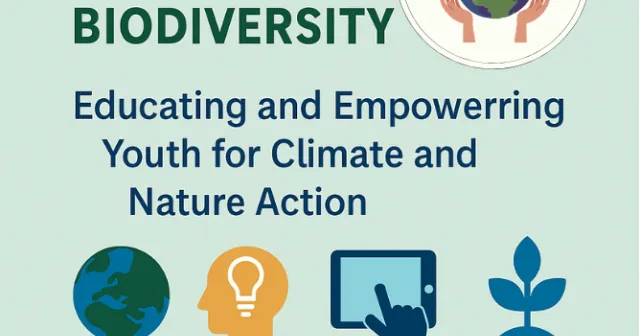Siegfried Coudenys: a new start, new hope

My story
According to my mother, I was the happiest child in the world when I was allowed to go to first grade. Finally I learned to read and write and was done with cutting and tinkering. A mostly happy time in which I, as a pupil and later student, got a broader view of our complex world from inspiring teachers.
As a social work student, I opted for an internship at a center for basic education (CBE), an interface between social work and education. I saw the power of education as a lever for those who find it more difficult in our complex society, especially within employment projects and neighbourhood-oriented basic education. I continued professionally as a primary education teacher, also within the prison context where I taught inmates for 10 years.
In 2008 I became the first education coordinator in the Ghent prison. In my application letter I dreamed of internet access for inmates. In my opinion, this is a necessary evolution to improve the quality of prison education and to ensure it’s possible to continue with in the future.
Finding a suitable offer for the then almost 400 men and women in the Ghent prison, to search for contact with Centers for Adult Education (CVOs) and CBE to implement this, trying to match it all with the rigid prison rules and procedures... was and is a great challenge. In the beginning I worked in one of the adult education consortia, but in 2014 they were discontinued. Nevertheless, educational coordination in prison was maintained as a socially relevant and absolutely necessary task. After a period of uncertainty, the education coordinators were given a place.
A new start, new hope.
In the spring of 2015, a number of seniors, together with new enthusiasts, switched to VOCVO to further shape and support education in detention. We really became colleagues and a close-knit team, which made it easier to follow one line and one policy. In the years that followed, we sought and found our place within VOCVO and we continued to work as a team. Fighting against rationalizations (savings at DG EPI) that suddenly made evening classes impossible, with numerous strikes of varying durations, resulted in the cancellation of classes (or even the entire offer) ... During that period Klasbak, a network for individuals and organizations that support the learning of (former) prisoners, a non-profit organization in which I am still active to this day.
Yet it is a job full of hope and beautiful moments. To see happy students inside and outside the walls, working together with passionate teachers and colleagues inside the prison.
Or structural changes such as the LIO (Learning inside out) ESF project that was rolled out in January 2020 in all Flemish and Brussels prisons under the wings of VOCVO with the close involvement of all education coordinators. Learning path counselors who, together with detainees, outline learning paths for inside or outside the prison walls. A task that education coordinators cannot take on within their limited time.
We continued to work hard during the coronavirus pandemic. To organize classes from a distance, or individually, as many schools did outside. And all of this online, like outside ... ah no, I forgot to mention that. Almost 14 years after my application, there is still no internet (sometimes a light version) for inmates who want to learn. This in a world where during the lockdown newspapers were full of the consequences of loneliness, online education and laptops at school.So then we worked with copies in the cells, in small groups, or individually. Constantly switching and looking for solutions in a context that does not always really want to cooperate.
It remains an inspiring job in an 'interesting' context. After coronavirus, justice sees the reality of the inevitability of the internet and new possibilities are emerging. Working and thinking on different levels. Developing policies, supporting teachers, motivating inmates… Dealing with detainees, correctional officers, teachers and directors.
All this in the belief and hope that we can make a difference for some detainees, who are often vulnerable people.





